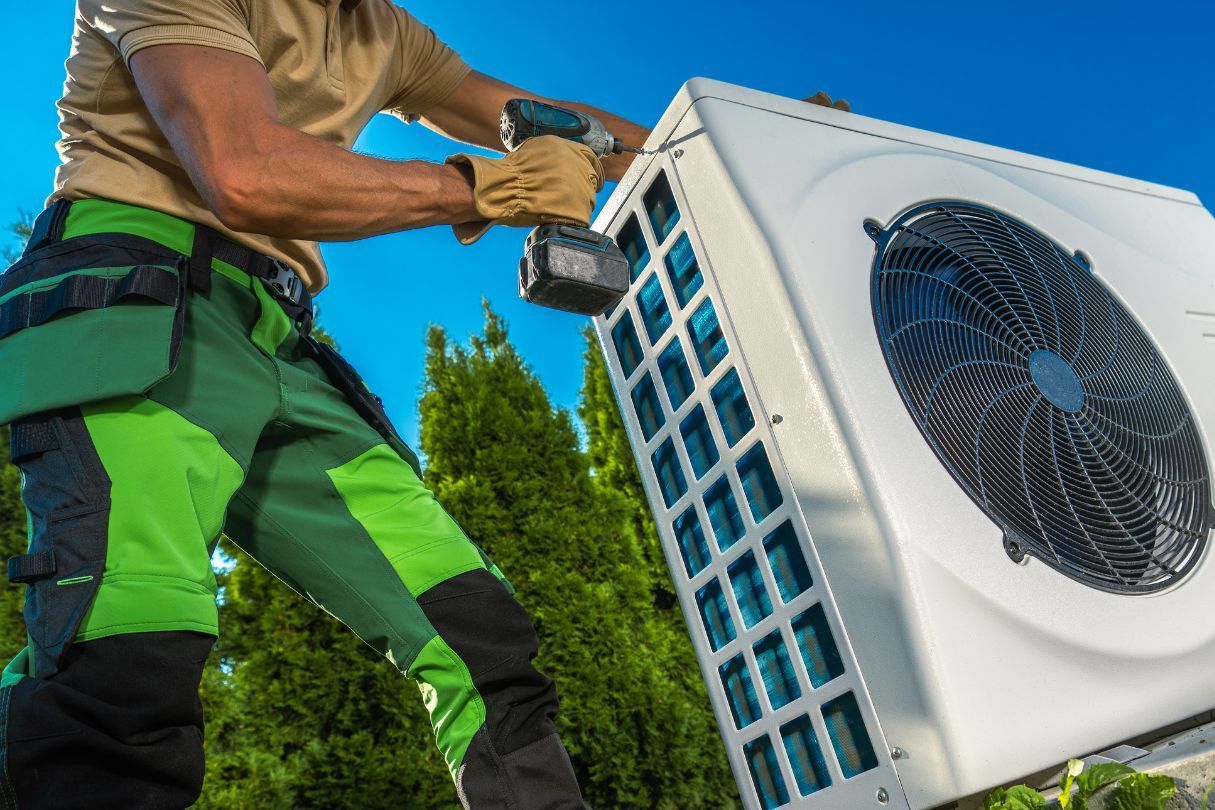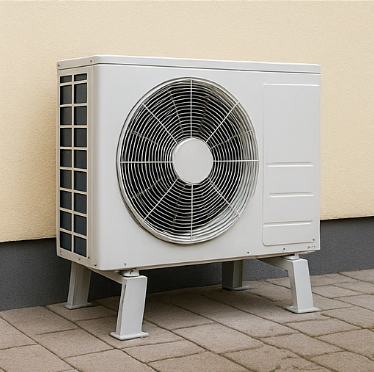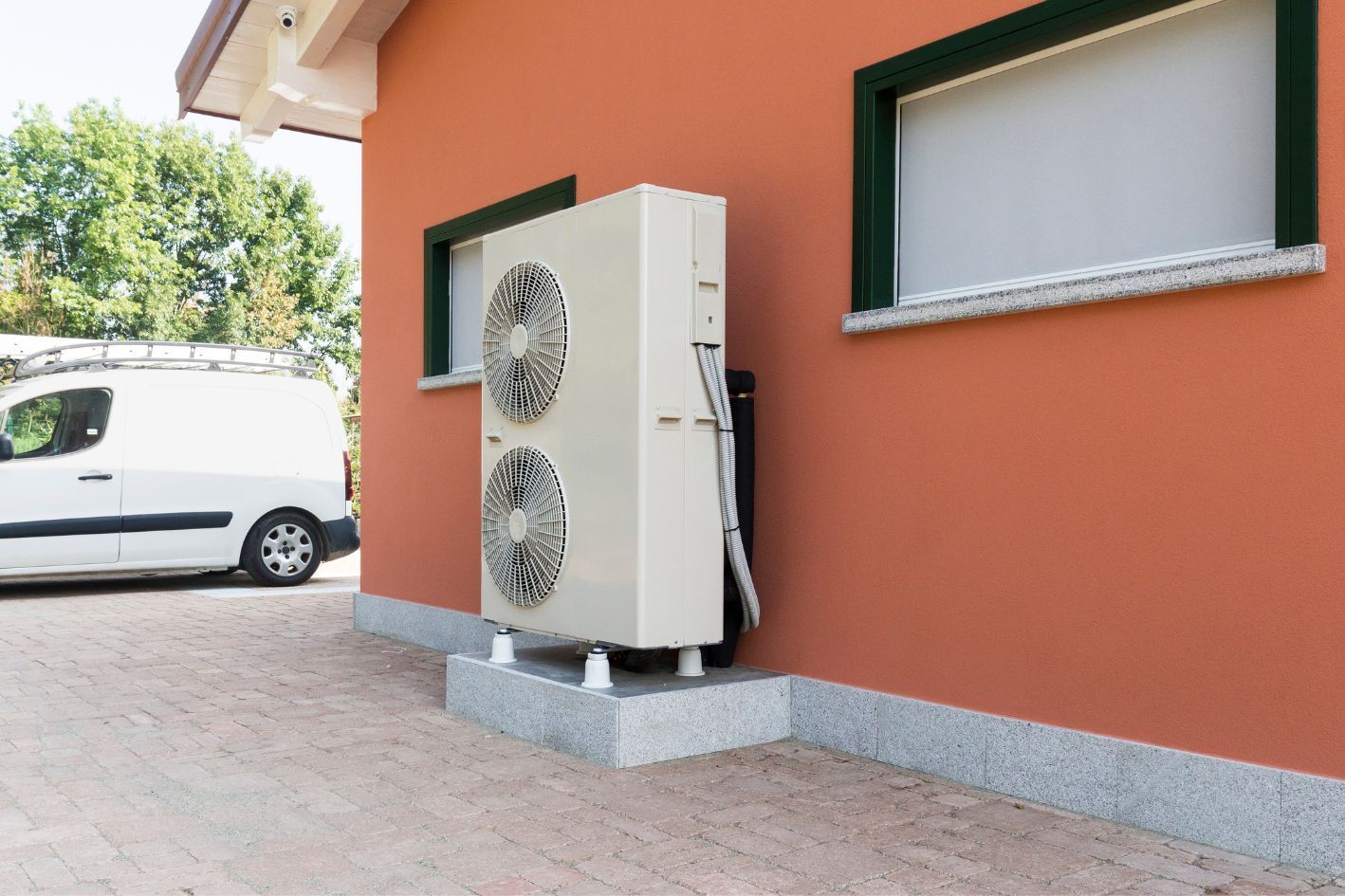How Do Heat Pumps Work?

Heat pumps have increased in popularity due to their ability to provide a heating and cooling solution, whilst reducing energy consumption. This blog post will allow us to explore how they actually work, as well as their benefits for homeowners.
Introduction To Heat Pumps
Heat pumps provide
heating, ventilation and air conditioning for indoor spaces, this works by
transferring heat between the interior and exterior environments. Unlike traditional heating systems that generate heat, heat pumps utilize a
refrigerant cycle to turn cool air warm and transport it to your desired location.
The Refrigerant Cycle
At the core of a heat pump's operation is the refrigerant cycle, which is made up of four main components: the evaporator, compressor, condenser, and expansion valve. The process begins with the evaporator, which would absorb heat from the air or ground, and then be converted into a low-pressure gas. The gas would then be compressed, raising its temperature and pressure before transferring it to the condenser. The condenser would release heat from the hot gas, which would then warm an indoor space. Finally, the expansion valve reduces the pressure of the refrigerant, completing the cycle.
Heating Mode
During the
heating mode, the heat pump extracts heat from the outdoor
air, ground, or water source and moves it indoors to provide warmth. Even when it is in cold, heat pumps can
efficiently extract heat energy and spread it throughout the home, offering a
cost-effective and sustainable heating solution.
Cooling mode
The heat pump reverses the refrigerant cycle during the cooling mode to remove heat from the indoor air and transfer it outside, effectively cooling the indoor space. By offering both heating and cooling modes, heat pumps offer satisfaction and comfort all year round.
Heat pumps are a smart and eco-friendly HVAC solution that provides efficient heating and cooling for all homes and properties. Creating an understanding of how heat pumps work, as well as their benefits, allows homeowners to make educated decisions when choosing a heating and cooling system that satisfies their needs whilst keeping it as eco-friendly and energy efficient as possible.











